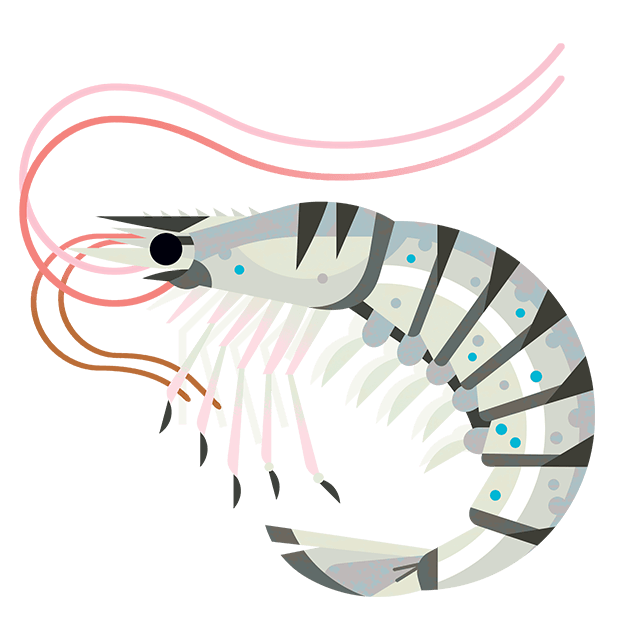
Climate smart fisheries: our new report
3 minute read
We’ve teamed up with WWF and RSPB to urge UK governments to futureproof our fisheries with a world-leading climate-smart strategy.
The report, Switching Gears: Achieving Climate Smart Fisheries, shows that we must address the environmental impacts of fisheries, or risk derailing the UK’s climate and nature recovery goals.

Credit: Natasha Ewins
The UK already has world-leading legislation in place to modernise the UK fishing sector in the form of the UK Fisheries Act, 2020. The Act sets out a clear objective to address the climate impact of fisheries, but action is yet to be taken.
The first post-Brexit UK fish stock audit, published at the start of 2021, showed that only three of the UK’s top ten fish populations are fished at or below maximum sustainable yield (the highest possible annual catch that can be sustained over time). Urgent action needs to be taken.
Fisheries is perhaps unique in being both affected by, and contributing to, climate change and action is needed to modernise how we source our seafood. The UK is hosting COP26 in November, and we’re calling on the UK governments to make good on the commitments made in the UK Fisheries Act, 2020.
How do fisheries contribute to climate change?

Credit: Pact Media
There are three main ways that fisheries emit greenhouse gases into the atmosphere which, if untouched, would otherwise be locked under the sea as blue carbon.
Fisheries emit greenhouse gases by:
- Damaging marine environments - fisheries can damage the ocean’s capacity to store greenhouse gases, preventing it from acting as a carbon sink. Some fishing gear destroys carbon-rich habitats like seagrass meadows and muddy sediments. Of fish landed by UK vessels, approximately 87% is caught using a mixture of beam and demersal trawl, dredgers and seine nets – all of which are gears which have a direct impact on the seabed and blue carbon sinks.
- Destabilising fish stocks - Fishing beyond sustainable levels simply takes too much from the ocean. This destabilises the marine environment and undermines its potential as a carbon sink.
- Directly from fishing vessels - globally, a staggering 207 million tonnes of CO2 is released into the atmosphere every year by fishing vessels - equivalent to 51 coal-fired power plants. The UK fishing fleet represents part of the problem, with over 50% of vessels aged 30 years old or more, and the vast majority powered by fossil fuels.
Rigorously researched ratings
Every Good Fish Guide rating is carefully researched to help you choose sustainable seafood. Get started by searching for your favourite seafood.

What needs to be done?

Credit: Pact Media
Alongside WWF and RSPB, we want to see the government adopting a ‘climate-smart’ approach for UK fisheries that would:
- reduce the carbon emissions that come directly from the UK fishing fleet;
- enhance marine biodiversity by reducing - and where possible reversing - the damage from unsustainable fishing practices;
- increase the potential for UK seas to act as a carbon sink by helping protect blue carbon habitats.
How do we make fishing climate-smart?
- reduce pressure from fishing gears like trawls and dredges by incentivising a move to less damaging fishing methods such as bottom longlines;
- increase transparency and traceability across UK fishing industry to improve understanding of impact of fishing and aid stock recovery. This could be achieved by mandating the installation of Remote Electronic Monitoring systems with CCTV cameras across the UK fleet to provide a true picture of catch levels and data to improve management;
- ban bottom towed gear to protect and enable recovery of blue carbon habitats within existing Marine Protected Areas (MPAs) designated for seabed features, as well as limiting towed gear in important blue carbon sites outside current MPAs;
- create incentives to decarbonise the UK fishing fleet and eliminate inefficient fleet structures, for example by ending fossil fuel subsidies and encouraging fishers to move to electric and solar powered vessels.
Ahead of COP26 in November, the UK Government must act now with decisive, radical action to overhaul the UK’s fishing fleet to become ‘climate smart’.

